-
Bibliographical sources:
Letter writing in Ancient Greece
Epistolary narratives in Ancient Greek LIterature
Postcards - Christmas, Birthday, Condolences, Travel
Postcards or in French 'carte postale", were the old times facebook pictures, or viber. People wanted to share their moments of good time while travelling so they used to buy postcrds from the places they visited and sent them from there. Some time the postcards arrived after their return home but at least they were sent from the place they had visited.
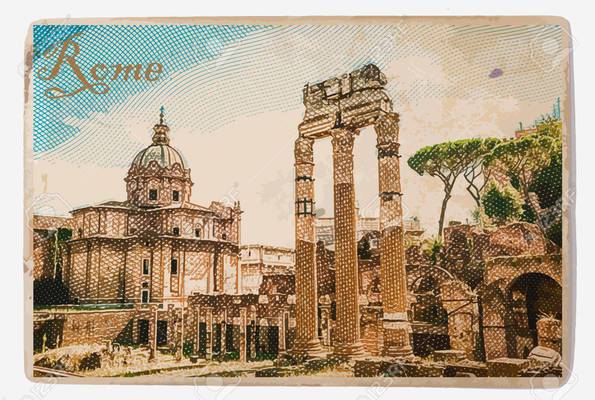
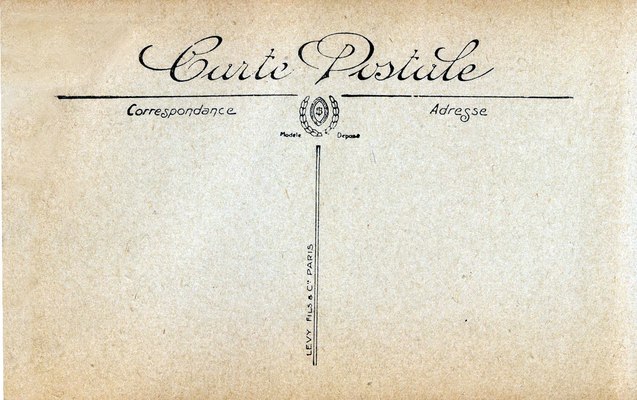
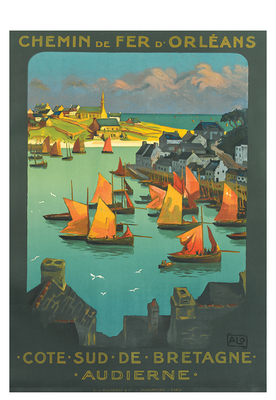
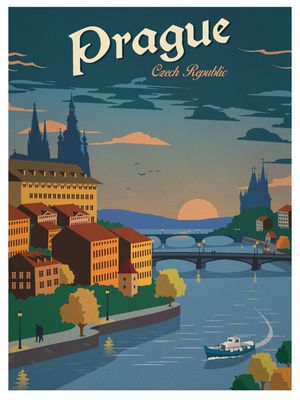
Christmas post cards and birthday.

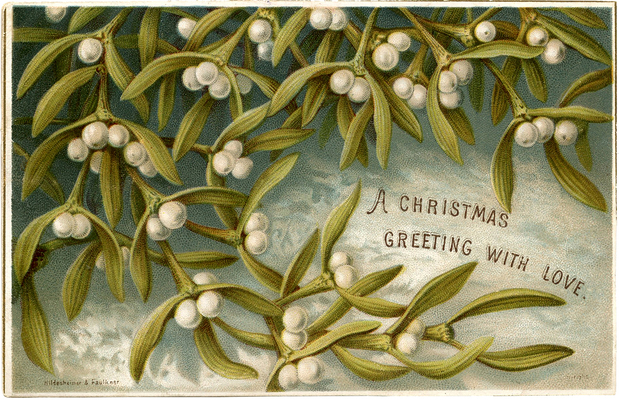

Love letters
Love letters are the ones usually addressed to a husband and wife, a fiance, or a lover. Authors, being sensitive, have written many passionate letters to their beloved ones. Here are some phrases from some very famous writers to their sweethearts.
And of course we all know Beethoven.
Beethoven to ‘Immortal Beloved’.
‘Though still in bed, my thoughts go out to you, my Immortal Beloved, Be calm – love me – today –yesterday – what tearful longings for you – you – you – my life – my all–farewell. Oh continue to love me – never misjudge the most faithful heart of your beloved. Ever thine. Ever mine. Ever ours.’A love letter written by Beethoven was found in his personal belongings shortly after his death. Written in early July of 1812, the letter is addressed to an ‘Immortal Beloved.’ Who was ‘Immortal Beloved?’ There has been plenty of speculation over the years with the top choices being Antonie Brentano, who was the daughter of a diplomat, and Josephine Brunsvik, a countess whom he deeply loved.
Modern times
In 1960 Brian Hyland, singer, "was sending a love letter", sealed with a kiss!
LyricsThough we've got to say goodbye for the summer
Darling, I promise you this
I'll send you all my love everyday in a letterSealed with a kissYes it's gonna be a cold, lonely summer
But I'll fill the emptiness
I'll send you all my dreams everyday in a letter
Sealed with a kissI'll see you in the sunlight
I'll hear your voice everywhere
I'll run to tenderly hold you
But darling you won't be there
I don't want to say goodbye for the summer
Knowing the love we'll miss
Oh, let us make a pledge to meet in SeptemberAnd seal it with a kiss
Yes, it's gonna be a cold, lonely summer
But I'll fill the emptiness
I'll send you all my dreams everyday in a letter
Sealed with a kiss [Repeat: x3]
Τραγουδοποιοί: Gary Geld / Peter UdellΣτίχοι τραγουδιού Sealed With a Kiss © Warner/Chappell Music, Inc
War letters
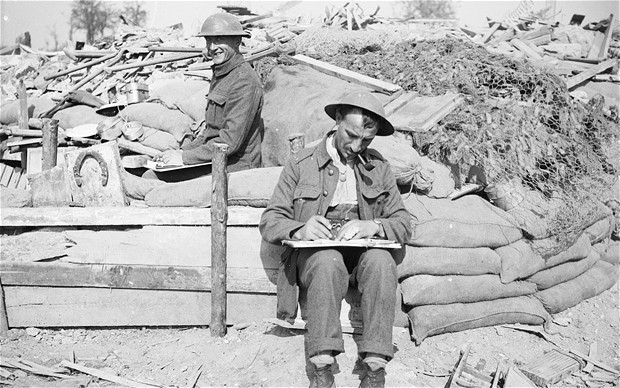
World War I soldier writing a letter while he was in the trenches. Those letters were censored so that the people back home wouldn't know the terrible conditions of life in the trenches, a war which killed millions of soldiers and people.
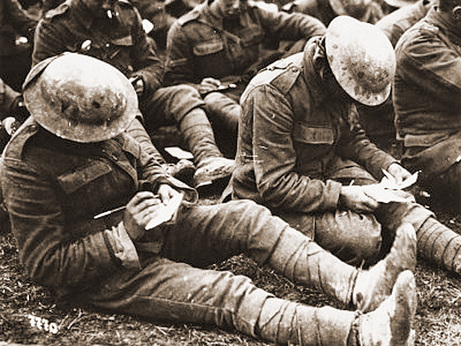
Those letters were a line of life, as they said. between the soldiers and their loved ones. They lived and breathed expecting those letters. There was no other way of communication.
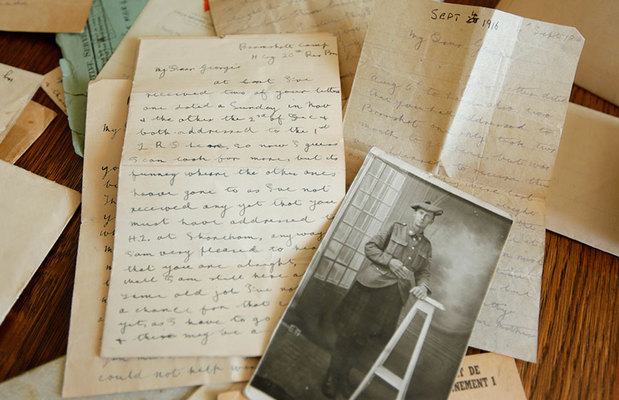
Immigrant letters
At the begining of the previous century, hundreds and thousands of people from Europe, migrated to the United States. A new country with plenty of opportunities for a better life. There were tow major waves of migration. The journey was long, the people packed in huge ships, with almost nothing but a small suitcase or a small backpack. Back then, letter writing was the only way to communicate wtih the family left behind in the country of origin. Letters full of hope, wishes and dreams for a brighter future but also homesickness. The journey back home was almost impossible once you left your home country. Migration of course was not only towards the U.S.A. Canada, Sweden, Germany depending on the period of time we are talking about.
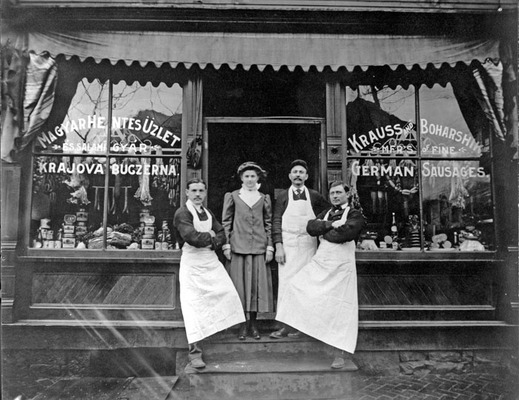
Making a place home. The butcher offered many porducts from the immimgrants' homeplaces.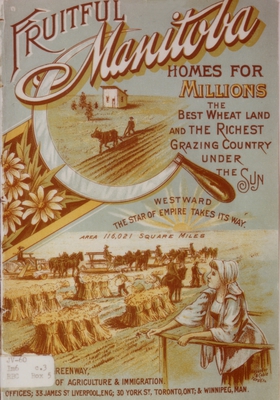
What if...we could write a letter to our young selves from the future, for sweet advice? That is what this country song singer does!
Last but not least...which are the most famous letters of all? Can you guess?Letters to S......... C...........!!!

Tuesday, 28 May 2019
Types of correspondance
Sunday, 12 May 2019
Mother's Day!!!
Μάνα, μητέρα, μαμά! We say in Greek. All these words for one person, our precious mothers. But also, unconditional love, sacrifice, pain, joy, pride .........innumerous words to describe this relationship between mothers and their children. Everyday is mother's day, in every corner of the planet, in every country, in every culture, in every place. Everywhere! And as someone said:"God couldn't be everywhere so He created mothers!"


Monday, 6 May 2019
LOGO VOTING!!!! AND RESULTS!
It is time to decide on our favourite logo for our project. You have got one week to choose!
Here are the results!
Is our project's logo from now on!!!!!!!
Here are the results!
Is our project's logo from now on!!!!!!!
Wednesday, 1 May 2019
WELCOME MAY!
Hello May!
Ierissos
Ierissos was called Akanthos in the ancient times. Based on information from the local association of Ierissos, "Kligenis", we learn that:
"Akanthos was one of the most ancient and important colonies of the inhabitants of the isalnd of Andros. As the ancient greek writer Plutarch cites, in its position stood a "barbaric city" by the name of "the coast of the dragon". This city was to become the "apple of discord" among the inhabitants of Andros and Chalkida. "
Finally the city was colonised by the ingabitants of the island of Andros (Cyclades), which was itself a colony of Eretria (city of the island of Evia where Chalkida is). Andros built more smaller cities in Chalkidiki such as Ouranoupolis, Stagira (the birthplace of Aristotle), Arni, Thisos on Mt.Athos and many others. The year of colonisation took place at the second greek colonisation around 700 B.C.
Aristotle, was one of the most important ancient Greek philosophers among many others.
The name Akanthos itself has various explanations. One of them is that it came from the wild flower Akanthos, we also see it in many of the ancient building columns, belongs to the greek flora.
 |
| The plant called Akanthos |
 |
| Korinthian style column |
 |
| Tetradrachmon, ancient greek coin from the area of Ierissos 400-450B.C. |
In this pictures you can compare the plant itself with the Korinthian style of column.
The ancient Greek historian Thucidides cites Akanthos as a significant city. Xenophon, another ancient Greek historian, later affirms this "Great among those of Olynthos" (another ancient city in Chalkidiki - can you spot it on the map) in population and importance. The city was rich and fertile. Rich forest abounded, varied in wood, plenty of valley and pasture. The ground was rich in metals and even silver - many silver coins were cut in the city. Its postition was crucial as it overlooked two seas.
It was attacked by the Persians during their campaign in Greece. The area had gone through many turbulations but it continued to thrive until it was destroyed in the 9th century A.D. by Sarakin pirates. The city was rebuilt in the end of the 9th century and and stood as a town by the name of Castle of Eressos - Eressos - Ierissos.
The archeological findings and graves leave no doubt that the ancient city lay where Ierissos was situated until 1932 A.D. when it was destroyed by an earthquake and rebuilt on a neighbouring site. (as shown above).
You should never forget that the proximity of the area to Mt. Athos and the sacred area of Agion Oros, the state of the monasteries, plays an important role to the economical aspect of the area in our times.
A tourists' destination not only for its historical past and Agion Oros but also for the beauty of the landscape and the crystal clear waters, unique for summers holidays.
Fish, honey and many agricultural products characterise the market of the area.
What do you think of our place? You are most welcome to visit us one day.
This is a traditional local dance with a deeper significance for the history of this area. It is danced the third day of Easter, in a place called "Mavro aloni" (black threshing floor). It is for the remembrance of a very sad incident which happenned in Ierissos during the Greek Revolution in 1821.
Subscribe to:
Comments (Atom)














